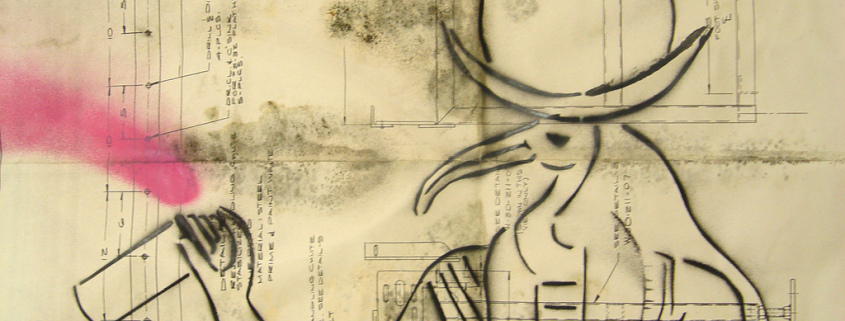A Word Study
I enjoy exploring the origins of language. Here’s a quick word study I did for a presentation that was insightful….
Technology (Technologist)
1 a: 1615, “discourse or treatise on an art or the arts,” from Gk. tekhnologia “systematic treatment of an art, craft, or technique,”
1 b: the practical application of knowledge especially in a particular area : engineering
2: a manner of accomplishing a task especially using technical processes, methods, or knowledge
3: the specialized aspects of a particular field of endeavor
Etymology: Greek technologia systematic treatment of an art, from techn? art, skill, techno- from Gk. tekhno-, combining form of tekhne “art, skill, craft, method, system,” probably from PIE base *tek- “shape, make” (cf. Skt. taksan “carpenter,” L. textere “to weave;” see texture). -logy “a speaking, discourse, treatise, doctrine, theory, science,” from Gk. -logia, TECHNE – Greek Godess of Art
Technique
1 a: the manner in which technical details are treated (as by a writer) or basic physical movements are used (as by a dancer) ; also : ability to treat such details or use such movements
2 a: a body of technical methods (as in a craft or in scientific research) b: a method of accomplishing a desired aim
Etymology: French, from technique technical, from Greek technikos, 1817, from Fr. technique “formal practical details in artistic expression,” noun use of adj. technique “of art, technical,” from Gk. tekhnikos (see techno-).
Technical
1a: having special and usually practical knowledge especially of a mechanical or scientific subject
Etymology: Greek technikos of art, skillful, from techn? art, craft, skill, 1617, “skilled in a particular art or subject,” formed in Eng. from Gk. tekhnikos “of art,” from tekhne “art, skill, craft” (see techno-).
Technician
1: a specialist in the technical details of a subject or occupation
2: one who has acquired the technique of an art or other area of specialization
Etymology: 1833, “person expert in the technicalities of some question,” from technic “technical” (1612), from Gk. tekhnikos (see techno-). Meaning “person skilled in mechanical arts” is recorded from 1939.
Musician
c.1374, “one skilled in music,”
Music
c.1250, from O.Fr. musique (12c.), from L. musica, from Gk. mousike techne “art of the Muses,” from fem. of mousikos “pertaining to the Muses,” from Mousa “Muse.” In classical Greece, any art in which the Muses presided, but especially music. Meaning “film or theater piece of which song is an essential element” is from 1938. The use of letters to denote music notes is probably at least from ancient Greece, as their numbering system was ill-suited to the job.
Artist
1581, “one who cultivates one of the fine arts,” from M.Fr. artiste, from It. artista, from M.L. artista, from L. ars (see art). Originally used especially of the arts presided over by the Muses (history, poetry, comedy, tragedy, music, dancing, astronomy), but also used 17c. for “one skilled in any art or craft” (including professors, surgeons, craftsmen, cooks). Now especially of “one who practices the arts of design or visual arts” (a sense first attested 1747). Artistic first recorded 1753; artistry 1868.
Word Endings
- -cracy – from M.L. -cratia, from Gk. -kratia “power, rule,” from kratos “strength,” from PIE *kratus “power, strength” (see hard). The connective -o- has come to be viewed as part of it.
- -phile – via Fr. and L. from Gk. -philos, common suffix in personal names, from philos “loving, dear,” from philein “to love.”
- -phobe – comb. form meaning “fearing,” from Fr. -phobe, from L. -phobus, from Gk. -phobos “fearing,” from phobos “fear, panic, flight,” phobein “put to flight, frighten” (see phobia).
- -sophy – suffix meaning “knowledge,” from O.Fr. -sophie, from L. -sophia, from Gk. -sophia, from sophia “skill, wisdom, knowledge,” of unknown origin.

